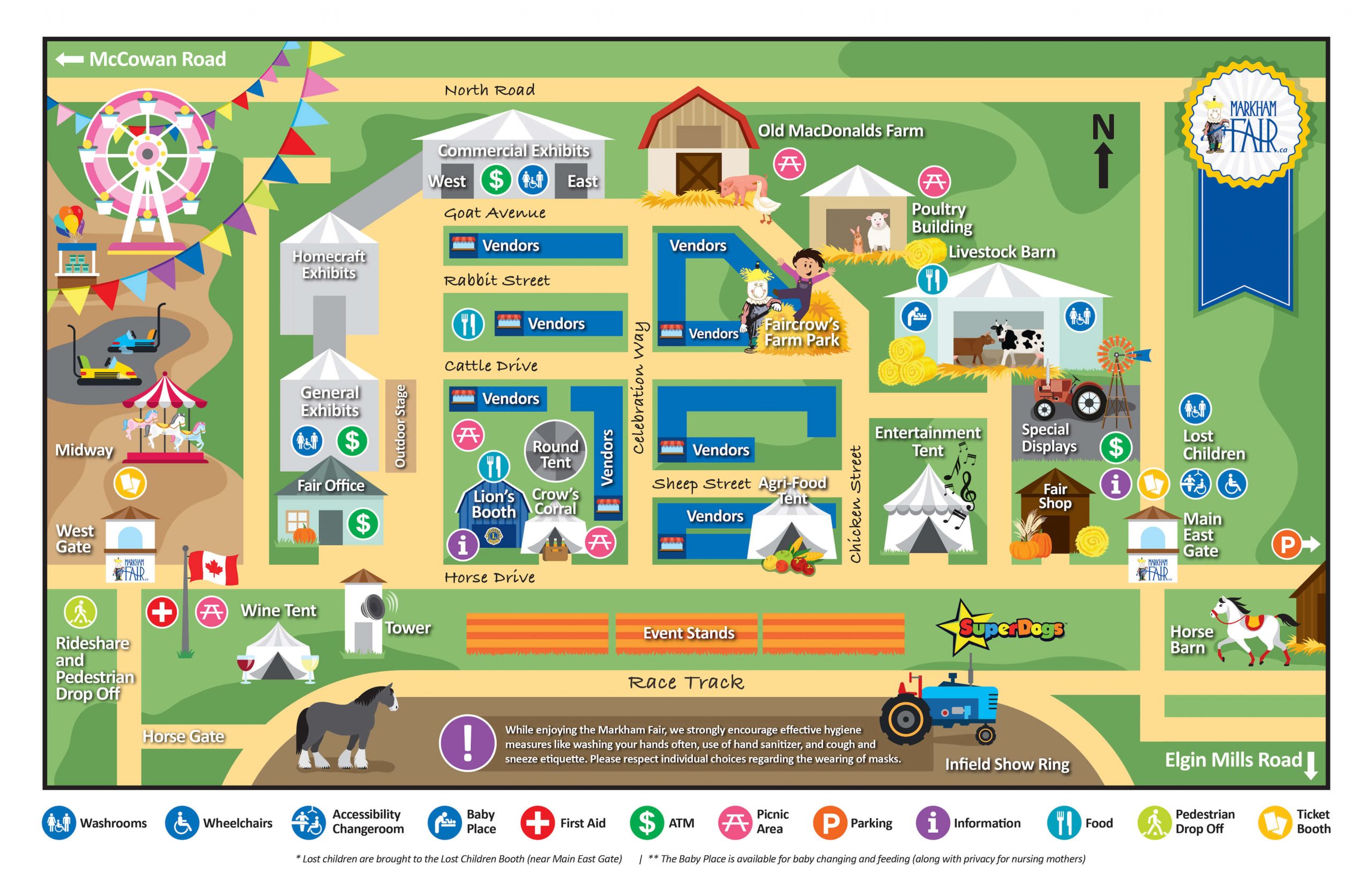
Visiting animals in a public setting such as a petting zoo or farm, can be a fun and educational experience. However, diseases can be spread from animals to people if some simple precautions are not followed. Before your trip, please review this information with staff, parents, adult supervisors and children.
Past disease outbreaks in Canada and the United States have been associated with cows, calves, goats, sheep, pigs, rodents and poultry. The presence of certain diseases may be more common in young animals.
Animals carrying disease often have no signs of illness and can continue to release or ‘shed’ disease into their environment. Animals carry germs in their intestines and can pass these germs to people through their feces in the following ways:
(See ‘visiting animals fact sheet’ in downloads)
Hand Hygiene – the key to prevention
Inadequate hand hygiene is one of the main causes of disease outbreaks associated with animals in public settings.
Correct hand hygiene is the single most effective way to reduce the spread of disease. Follow these simple steps to make sure correct hand hygiene is practiced during your visit.
BEFORE YOUR VISIT
Determine if the facility you are visiting has:
Review correct hand hygiene procedures with children, parents and adult supervisors:
Remove any visible dirt on hands before use (this may be done with a moist hand wipe)
Handwashing with liquid soap and water is preferred over using hand sanitizer when available. Alcohol-based hand sanitizers are not effective against ALL germs.
DURING YOUR VISIT
Practice good hand hygiene:
Tips:
Which diseases are typically spread from animals to people?
Some of the most common diseases that are spread from animals to people include E. coli, Salmonella, ringworm and rabies.
Possible symptoms of diseases spread from animals to people:
It is advised that any person experiencing any of these symptoms up to three weeks following a visit to animals in a public setting seek medical attention.
Groups at increased risk:
Persons at increased risk of developing a serious illness from animals include:
It is recommended that these persons avoid contact with animals in public settings. Children should be supervised and/or carried by an adult in the presence of animals.
For more information contact:
York Region
Health Connection
1-800-361-5653

Copyright © 2024 Markham Fair
All rights reserved.